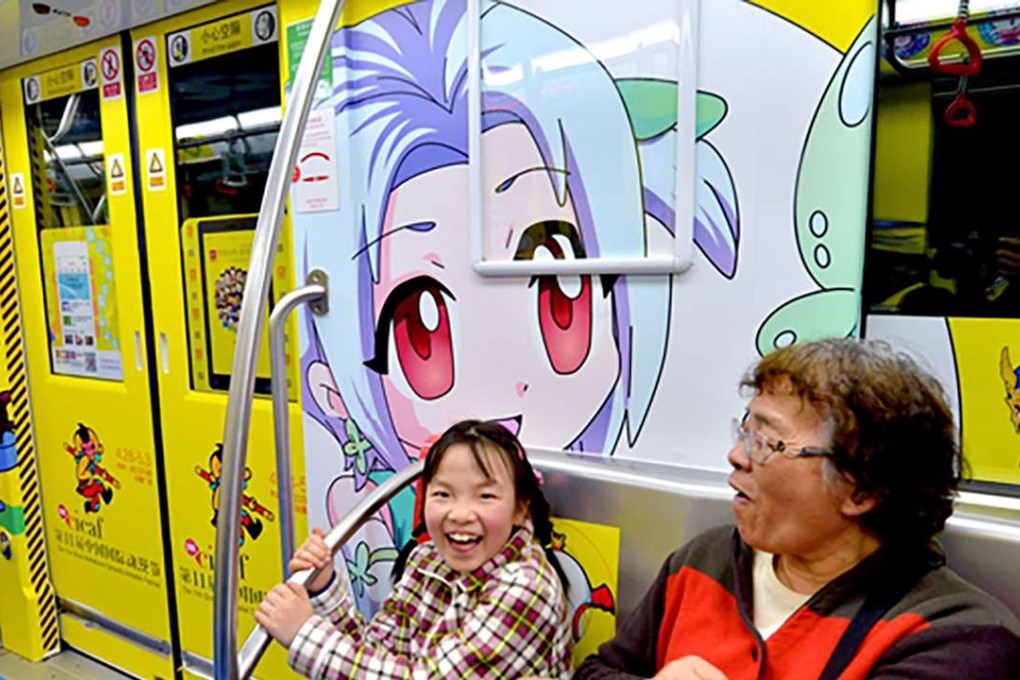Cartoons, games and technology: G20 host Hangzhou draws on creativity to promote itself as ‘city of innovation’
Zhejiang’s provincial capital increasingly focuses on cartoon and games industries as imaginativeness and high technology drive economic growth

Chinese cartoonist Misha Zhang has a job that many artists would envy. The 32-year-old has online followers, flexible working hours and a decent income.
“I enjoy my work. There are many platforms now on the mainland and as long as I deliver good work I needn’t worry about where it should go,” said the young artist, who is one of the most popular cartoonists at Hangzhou’s leading cartoon company, Fanfan.
Zhang is just one of hundreds of thousands of workers who have joined Hangzhou’s cultural and creative industry in recent years, helping the industry contribute 22 per cent of the regional gross domestic production last year.
Hangzhou’s growing focus on creativity and high technology resulted in an economic growth rate of more than 10 per cent in the first half of the year, while the overall Chinese economy slowed to 6.7 per cent.
The host city of the two-day G20 summit, long known as an ancient Chinese capital with beautiful scenery, rebranded itself as a city of innovation as it welcomed state and business leaders.